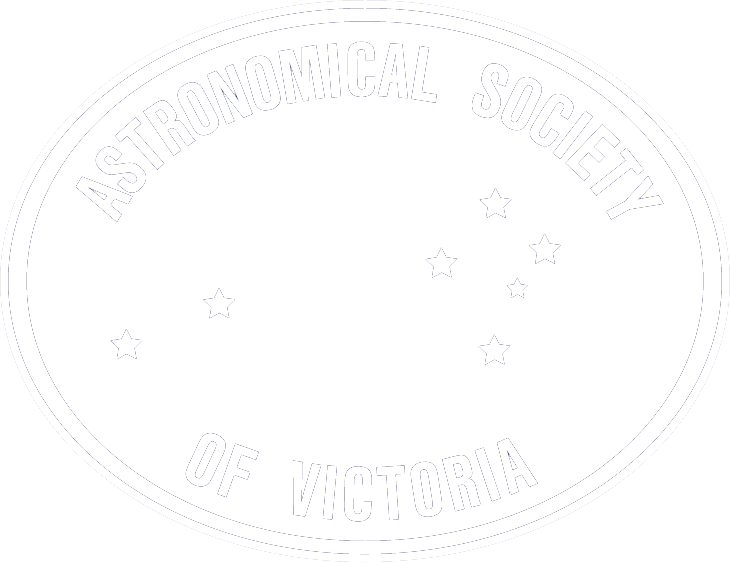)%20(3).gif)
Welcome to ASV Junior Section, where young astronomers embark on awe-inspiring journeys through the Universe! Explore the cosmos, unlock its secrets, and dive into mind-blowing adventures that leave you starstruck. Geared towards stargazers aged 6 to 16, this is your chance to discover the wonders of the cosmos. We'll guide you every step of the way, with your parents accompanying you on your astronomical quests.
Join our monthly gatherings at the Melbourne Observatory on the second Friday at 7:30 PM in the Ellery suite. Prepare to be captivated by presentations and discussions ranging from 1 to 1.5 hours. Should the skies be clear, we'll have the incredible opportunity to peer through the observatory telescopes and witness celestial marvels up close.
Explore a wide range of topics as vast as the Universe itself.
From navigating the night sky and capturing its beauty through astrophotography to choosing the perfect telescope, we leave no cosmic stone unturned. Ever wondered about mind-boggling concepts like black holes, the enormity of the Universe, or the intricacies of our solar system? We've got you covered. Delve into stellar mechanics, atomic physics, and mind-expanding cosmology, and stay at the forefront of astronomical discoveries with the latest space news and current events.
Our ultimate goal is to inspire and support your astronomical pursuits. Ignite your passion for astronomy, nurture your interests, and develop practical observation skills. Gain a fundamental understanding of the mesmerizing motion of stars, moons, and planets across the sky, and keep a logbook of your observations. Your personal astronomical journey begins here, and the possibilities are truly boundless.
So, young astronomers, get ready to shoot for the stars and embrace the limitless wonders of the Universe. Join the Junior Section and let your astronomical dreams take flight!
Program
The program will involve the following:
Very basic starting point of getting to know the Bright Stars and the Constellations.
Motion of the Stars in the sky. Exoplanets
The colour and life cycle of stars.
Types of Telescopes, what not to buy.
Learning the basics of Cosmology. What powers the Stars, how atoms are built up in
Stars. Black Holes
The Solar System including our local Star and the Fabulous Moon:
What is X-ray & Radio-Astronomy? How do they differ from visual astronomy?
Basic Astro-photography.
Identification of the Messier Objects, Galaxies, Nebulae, Double Stars, Meteor showers,
Comets
Have talks from Professional Astronomers
Keeping up to date with Space Exploration. "Space News"
Emphasis will be given to practical observations using the naked eye, binoculars and telescopes. Observation of the Sun will be done in conjunction with the Solar Section. It is most important to emphasise the potential hazards and how instruments are fitted with special solar filters to make viewing safe.
IMPORTANT: NEVER EVER look at the Sun with your naked eyes or through binoculars or telescope
Juniors Section Contact eMail
juniors@asv.org.au
